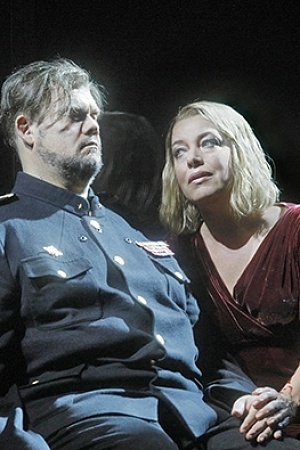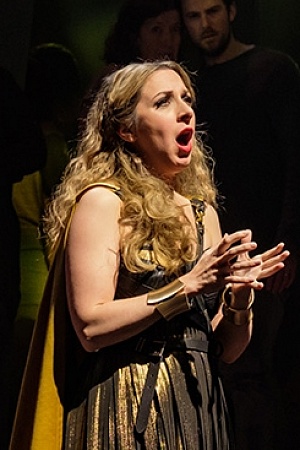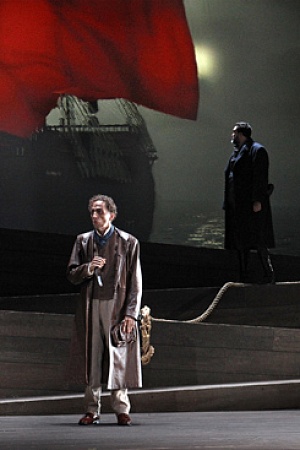Earth. Voice. Body
.jpg)
‘I am a spirit splintered into light’
French philosopher and literary critic, Catherine Clément, in her influential and, for some, highly controversial book, L’Opéra ou la Défaite des femmes (Opera, or the Undoing of Women) (1979, trans. 1986), explores many examples throughout the history of the operatic form where the major female characters are inevitably the victims, often dying to the strains of beautiful music. Clément asserts that music serves to anaesthetise the audience into a passive acceptance of this horrifying status quo. The counter to this argument has been that it is the brilliant virtuosity of these female singers that is the dominant factor, often overwhelming the male singers through vocal amplitude, tonal beauty, and sheer vocal excitement. It is a debate that continues.
At the other end of the vocal spectrum, where vocal virtuosity and beauty are not the prime artistic motivation, one finds the phenomenon of the operatic monodrama, a sub-genre which has fluctuated in popularity over more than two hundred and fifty years and where a female character is generally the protagonist. Jean-Jacques Rousseau’s Pygmalion (1766) is the first stage work to be so described, but the form only fully developed into its current form with a single protagonist in the early twentieth century. Before this, elements of monodrama were visible in varying experimental incarnations by writers such as Goethe and Schiller in Germany in the early nineteenth century, as well as in the English poetic drama of Byron, Shelley and Wordsworth, culminating in 1856 in Tennyson’s ‘Maud: A Monodrama’. Grove Dictionary of Music maintains that the term ‘monodrama’ is usually used ‘as a synonym for a one-character opera’, while Kurt Taroff argues that three crucial elements must be in place: ‘a strong central protagonist, an external representation of interiority, and shared, immediate experience between spectator and protagonist’.
Continue reading for only $10 per month. Subscribe and gain full access to Australian Book Review. Already a subscriber? Sign in. If you need assistance, feel free to contact us.











Leave a comment
If you are an ABR subscriber, you will need to sign in to post a comment.
If you have forgotten your sign in details, or if you receive an error message when trying to submit your comment, please email your comment (and the name of the article to which it relates) to ABR Comments. We will review your comment and, subject to approval, we will post it under your name.
Please note that all comments must be approved by ABR and comply with our Terms & Conditions.